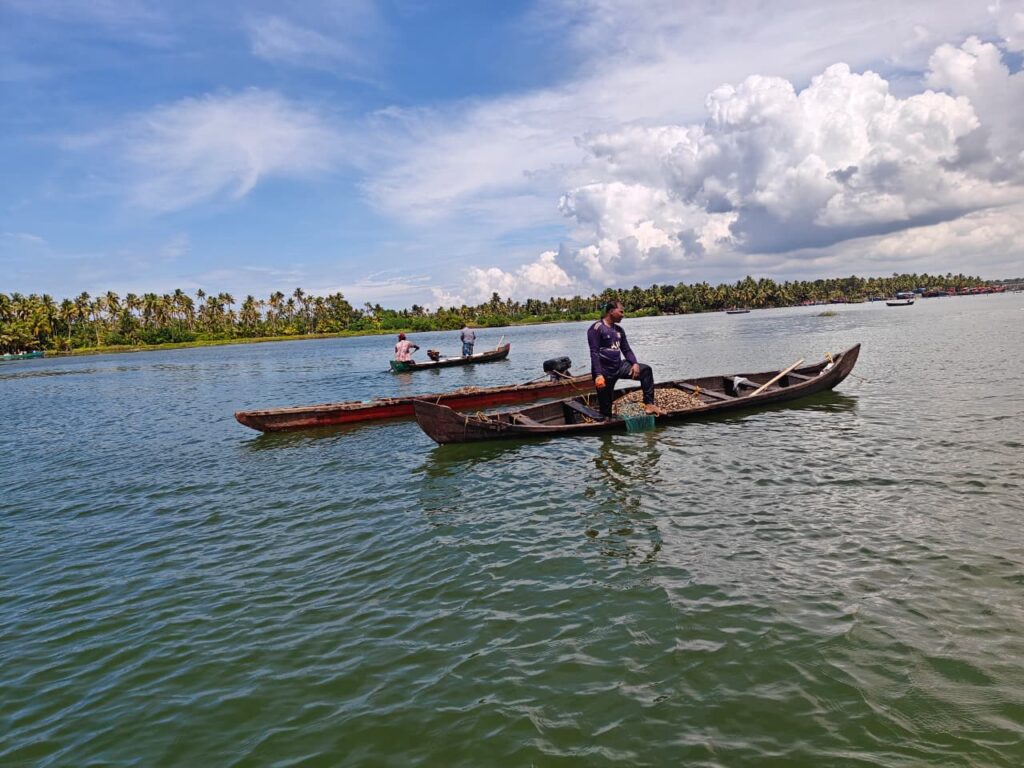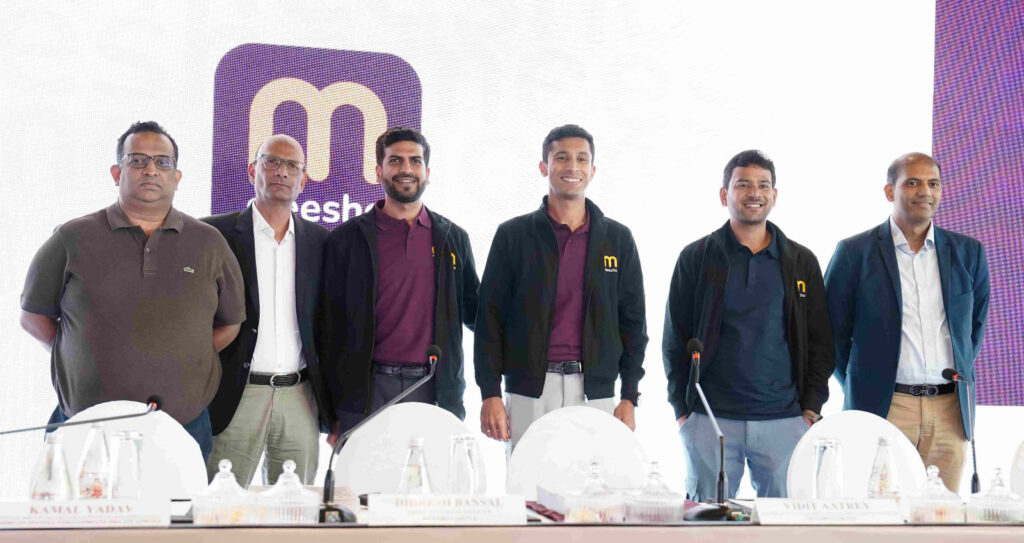konnivartha.com: റബറിന്റെ വില മുന്നൂറ് രൂപയായി ഉയര്ത്തില്ലെന്ന് കേന്ദ്ര മന്ത്രി.കേന്ദ്ര വാണിജ്യകാര്യ സഹമന്ത്രി അനുപ്രിയ പട്ടേലാണ് ഇക്കാര്യം വ്യക്തമാക്കിയത്. വില ഉയര്ത്തുന്നത് പരിഗണനയില്ലെന്നും അവര് വ്യക്തമാക്കി. ഇറക്കുമതി നികുതി 30 ശതമാനമായി ഉയര്ത്തിയെന്നും മന്ത്രി അറിയിച്ചു. ഇടുക്കി എംപി ഡീന് കുര്യാക്കോസിന്റെ ചോദ്യത്തിന് മറുപടിയായാണ് കേന്ദ്രം സര്ക്കാര് നിലപാട് അറിയിച്ചത്
രാജ്യത്തെ റബർ കർഷകർക്ക് സഹായകരമാകുന്ന വിധത്തിൽ റബറിന്റെ ഇറക്കുമതി നിയന്ത്രിച്ചിട്ടുണ്ടെന്ന് മന്ത്രി പറഞ്ഞു. ഇറക്കുമതി തീരുവ 20 ശതമാനത്തിൽ നിന്ന് 30 ശതമാനമാക്കി ഉയർത്തിയെന്നും അവർ പറഞ്ഞു. ഇറക്കുമതി ചെയ്ത റബർ ആറ് മാസത്തിനുള്ളിൽ ഉപയോഗിക്കണമെന്ന നിബന്ധനയും കോംപൗണ്ട് റബറിന്റെ എക്സൈസ് ഡ്യൂട്ടി പത്തിൽ നിന്ന് 20 ശതമാനമാക്കിയെന്നും മന്ത്രി വിശദീകരിച്ചു.താങ്ങുവില കിലോക്ക് 300 രൂപയാക്കിയാൽ ബിജെപിയ്ക്ക് വോട്ട് ചെയ്യുന്നതിന് പ്രയാസമില്ലെന്നും കേരളത്തിൽ നിന്ന് ഒരു എംപിയെ സമ്മാനിക്കാമെന്നും കണ്ണൂർ ബിഷപ്പ് മാർ ജോസഫ് പാംപ്ലാനി പറഞ്ഞിരുന്നു.പിന്നാലെ ബിജെപി നേതാക്കളും റബർ ബോർഡ് ചെയർമാനുമടക്കം നിരവധി പേർ ബിഷപ്പിനെ നേരിട്ട് കണ്ടു.
No proposal under consideration to increase price of natural rubber to Rs 300 per kg: Union govt
No proposal is under consideration of the government to increase the price of natural rubber to Rs 300 per kg, Lok Sabha was informed on Wednesday.“Presently, no such proposal is under consideration,” said Minister of State for Commerce and Industry Anupriya Patel in a written reply to the question raised by Idukki MP Dean Kuriakose.
MP had also asked whether Kerala requested financial assistance to support the rubber farmers in Kerala. In reply, Patel stated that,”The Rubber Board under Department of Commerce provides subsidy for new planting and replanting (of senile plantations) under its various schemes. Rubber Board also provides training for tapping of rubber trees and processing of field latex to sheet rubber. Rubber Board has also taken several measures to improve productivity such as providing assistance for rain guarding to increase the number of tapping days, prevention of diseases and adoption of plantations lying untapped to revive tapping operations.”














